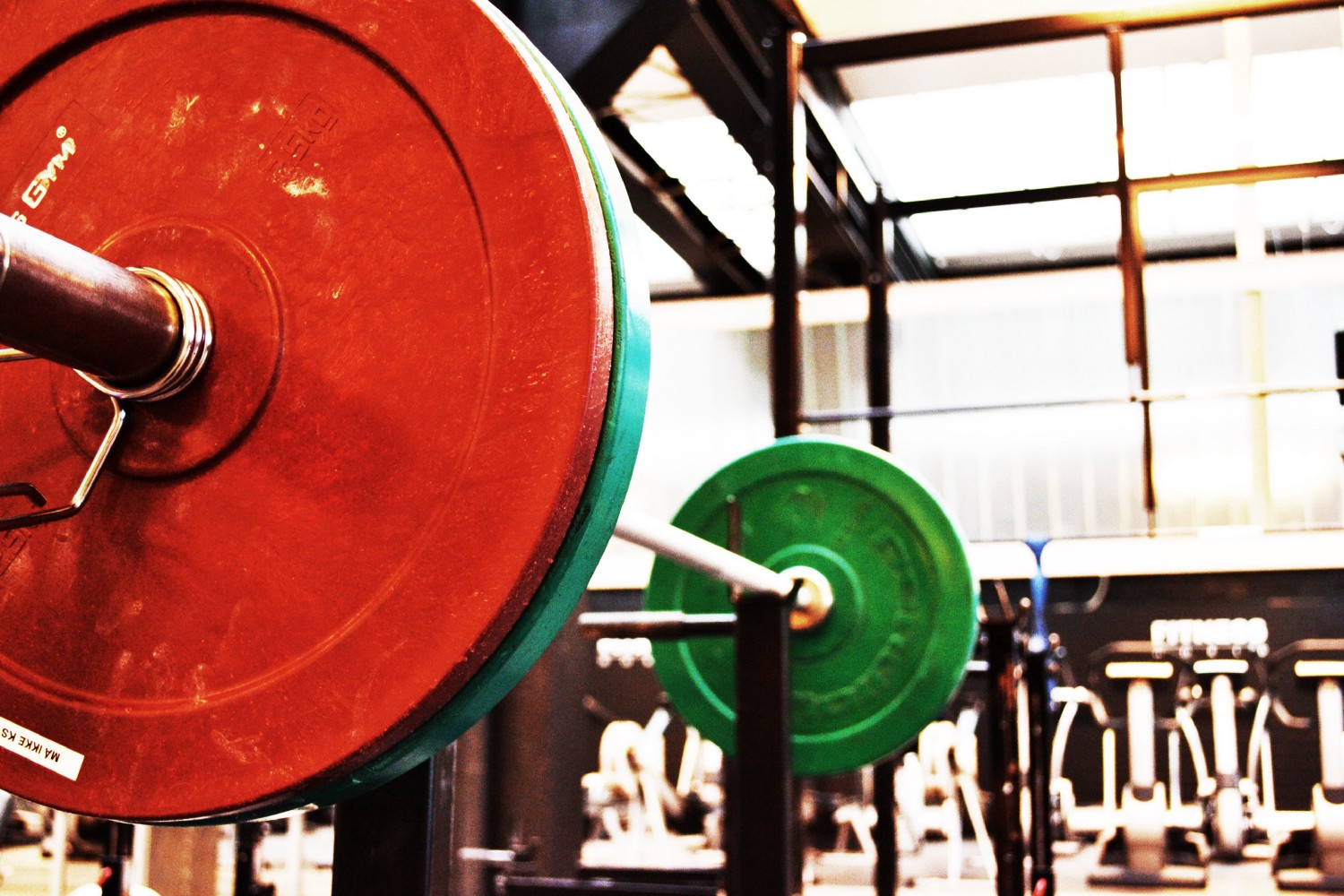Observation: The strongest people I know — those who deadlift over 500 pounds, run 4-minutes for the mile, throw a discuss hundreds of feet, run ultramarathons, or save lives in emergency rooms — tend to be caring, considerate, and calm. The people I know who want to be strong and tough — but who are not — tend to be loud, defensive, and overly proud.
This is one of the great paradoxes of toughness. Once you have it you don’t need to show it. Working for it, going through challenging experiences, earning it — this stuff humbles you. It makes you compassionate. It makes you see beyond yourself. It makes you real.
Toughness isn’t walking around with your chest puffed out trying to intimidate. It’s making the right decision under uncertainty and distress.
Strength isn’t yelling and shouting. It’s having the inner resources to navigate storms.
Now, more than ever, it seems we are in desperate need of a new conception of strength and toughness, especially as it relates to masculinity. Just imagine if we started to raise our sons with the following core values:
- Wisdom: Allowing yourself to be open to and shaped by experience. Not being scared of change; and not being scared to change.
- Real toughness: Composure, clear-headedness, and stability in the midst of uncertainty. Not to be confused with machismo acts of strength.
- Vulnerability: Putting yourself out there. All of it. Even, and perhaps especially, the imperfections and flaws that make you human.
- Humility: Knowing what you don’t know, which, for almost all of us, is the vast majority of everything. Understanding that your view of the world is merely one of billions. Being curious instead of narrow, open instead of closed.
- Authentic self-security: Not feeling the need to intimidate, one-up, or make others feel bad in order to feel okay with yourself. And knowing that when you aren’t feeling okay with yourself that’s fine too — what you should do is ask for help.
It’s so important to remember that those who feel the need to make a show out of projecting their strength — be it in the gym or in the boardroom — are often the weakest. These people aren’t manly. What they are is trying to mask their insecurities. They are scared and suffering inside. It’s a shame they aren’t strong enough — aren’t tough enough — to ask for help.
For far too long we’ve glorified the idea of toughness and masculinity without thinking deeply about what behaviors we are promoting.
It’s so important to remember that those who feel the need to make a show out of projecting their strength — be it in the gym or in the boardroom — are often the weakest.
If you’re a man, think back to your childhood and what lessons you were taught. For most of us, we were trained to ignore or push away discomfort instead of learning how to feel it, seek support, and navigate our way through it.
Feel any-sort of pain or anxiety? Bulldoze your way through, don’t give it a second thought. Want to achieve social status? Do so through a display of power and strength: join a sports team or date the Homecoming Queen, but never speak openly about being scared, sad, or lonely. Far too often, self-worth was inextricably tied to portraying ourselves as what we imagined — what culture told us — strong to be.
One of the great paradoxes of toughness is that once you have it you don’t need to show it.
Our behaviors and expectations of men are tied to what is valued in male culture. We have this misguided idea that toughness is an outward display. Something that must be shown. The reality, though, is that it’s something deep inside. It’s a reflection of who we are. It’s being calm and collected in the storm; having the humility to navigate it openly and with curiosity; and knowing that whether we succeed or fail isn’t the point, but how we do so that matters.
The message needs to change.
Don’t confuse fake strength and toughness for the real thing. And, particularly if you’ve got young boys, be sure to call-out the former and celebrate the latter.
Thanks for reading! If you found this valuable, please follow me on Twitter (@Bstulberg), where I share ideas like this one regularly.
Consider subscribing to my weekly newsletter, where this essay first appeared.


